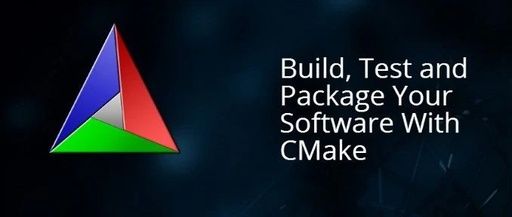Design and Implementation of SACP Protocol for Multi-Device Embedded Communication
Click on the above “Embedded Application Research Institute” and select “Pin/Star the Official Account“ Practical benefits delivered first-hand! Source Material | GitHub Compiled & Formatted | Embedded Application Research Institute The SACP (Snapmaker Advanced Communication Protocol) is the data communication protocol for Snapmaker devices, used for data transmission between the Controller, PC (Host), and HMI … Read more









